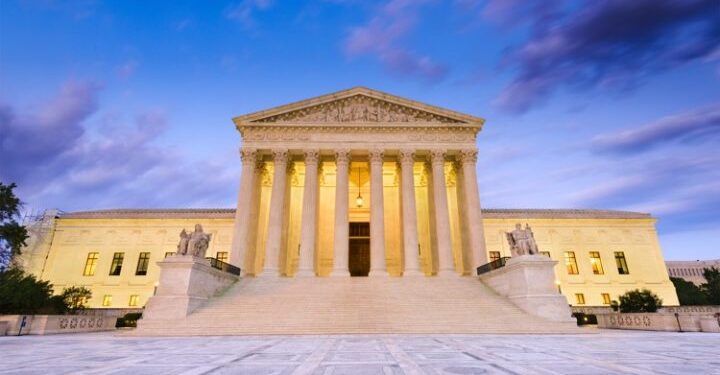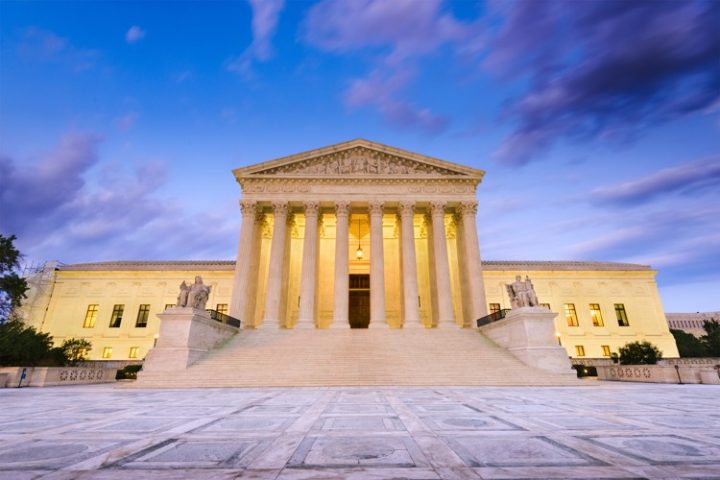
Today’s ruling by the U.S. Supreme Court in Loper Bright Enterprises v. Raimondo overturns the 1984 ruling in Chevron v. Natural Resources Defense Council, and limits federal agencies’ regulatory authority.
The question presented was whether or not SCOTUS should overrule the Chevron decision, and whether the Magnuson-Stevens Act can force domestic fishing vessels to pay the salaries of federal observers:
QUESTION PRESENTED:
The Magnuson-Stevens Act (MSA) governs fishery management in federal waters and provides that the National Marine Fisheries Service (NMFS) may require vessels to “carry” federal observers onboard to enforce the agency’s myriad regulations. Given that space onboard a fishing vessel is limited and valuable, that alone is an extraordinary imposition. But in three narrow circumstances not applicable here, the MSA goes further and requires vessels to pay the salaries of the federal observers who oversee their operations — although, with the exception of foreign vessels that enjoy the privilege of fishing in our waters, the MSA caps the costs of those salaries at 2-3% of the value of the vessel’s haul. The statutory question underlying this petition is whether the agency can also force a wide variety of domestic vessels to foot the bill for the salaries of the monitors they must carry to the tune of 20% of their revenues. Under well-established principles of statutory construction, the answer would appear to be no, as the express grant of such a controversial power in limited circumstances forecloses a broad implied grant that would render the express grant superfluous. But a divided panel of the D.C. Circuit answered yes under Chevron on the theory that statutory silence produced an ambiguity that justified deferring to the agency.
1. Whether, under a proper application of Chevron, the MSA implicitly grants NMFS the power to force domestic vessels to pay the salaries of the monitors they must carry.
2. Whether the Court should overrule Chevron or at least clarify that statutory silence concerning controversial powers expressly but narrowly granted elsewhere in the statute does not constitute an ambiguity requiring deference to the agency.
The Court ruled 6-3 to overturn Chevron, ending the requirement that courts must defer to federal agencies’ authority — known as “Chevron deference:
… Delegating ultimate interpretive authority to agencies is simply not necessary to ensure that the resolution of statutory ambiguities is well informed by subject matter expertise. The better presumption is therefore that Congress expects courts to do their ordinary job of interpreting statutes, with due respect for the views of the Executive Branch. And to the extent that Congress and the Executive Branch may disagree with how the courts have performed that job in a particular case, they are of course always free to act by revising the statute.
Nor does a desire for the uniform construction of federal law justify Chevron. Given inconsistencies in how judges apply Chevron, … it is unclear how much the doctrine as a whole (as opposed to its highly deferential second step) actually promotes such uniformity. In any event, there is little value in imposing a uniform interpretation of a statute if that interpretation is wrong. We see no reason to presume that Congress prefers uniformity for uniformity’s sake over the correct interpretation of the laws it enacts.
The view that interpretation of ambiguous statutory provisions amounts to policymaking suited for political actors rather than courts is especially mistaken, for it rests on a profound misconception of the judicial role. It is reasonable to assume that Congress intends to leave policymaking to political actors. But resolution of statutory ambiguities involves legal interpretation. That task does not suddenly become policymaking just because a court has an “agency to fall back on.”
Associate Justices Sonia Sotomayor, Elena Kagan, and Ketanji Brown Jackson dissented, with Kagan writing that federal agencies should have administrative authority under the Chevron deference precedent to interpret law:
Who should give content to a statute when Congress’s instructions have run out? Should it be a court? Or should it be the agency Congress has charged with administering the statute? The answer Chevron gives is that it should usually be the agency, within the bounds of reasonableness. That rule has formed the backdrop against which Congress, courts, and agencies—as well as regulated parties and the public—all have operated for decades. It has been applied in thousands of judicial decisions. It has become part of the warp and woof of modern government, supporting regulatory efforts of all kinds—to name a few, keeping air and water clean, food and drugs safe, and financial markets honest.
And the rule is right. This Court has long understood Chevron deference to reflect what Congress would want, and so to be rooted in a presumption of legislative intent.
Shop For Night Vision | See more…
Shop For Survival Gear | See more…
-
Sale!

Portable Mini Water Filter Straw Survival Water Purifier
Original price was: $29.99.$14.99Current price is: $14.99. Add to cart -
Sale!

Quick Slow Release Paramedic Survival Emergency Tourniquet Buckle
Original price was: $14.99.$7.99Current price is: $7.99. Add to cart -
Sale!

Tactical Camo Nylon Body Armor Hunting Vest With Pouch
Original price was: $49.99.$39.99Current price is: $39.99. Select options This product has multiple variants. The options may be chosen on the product page



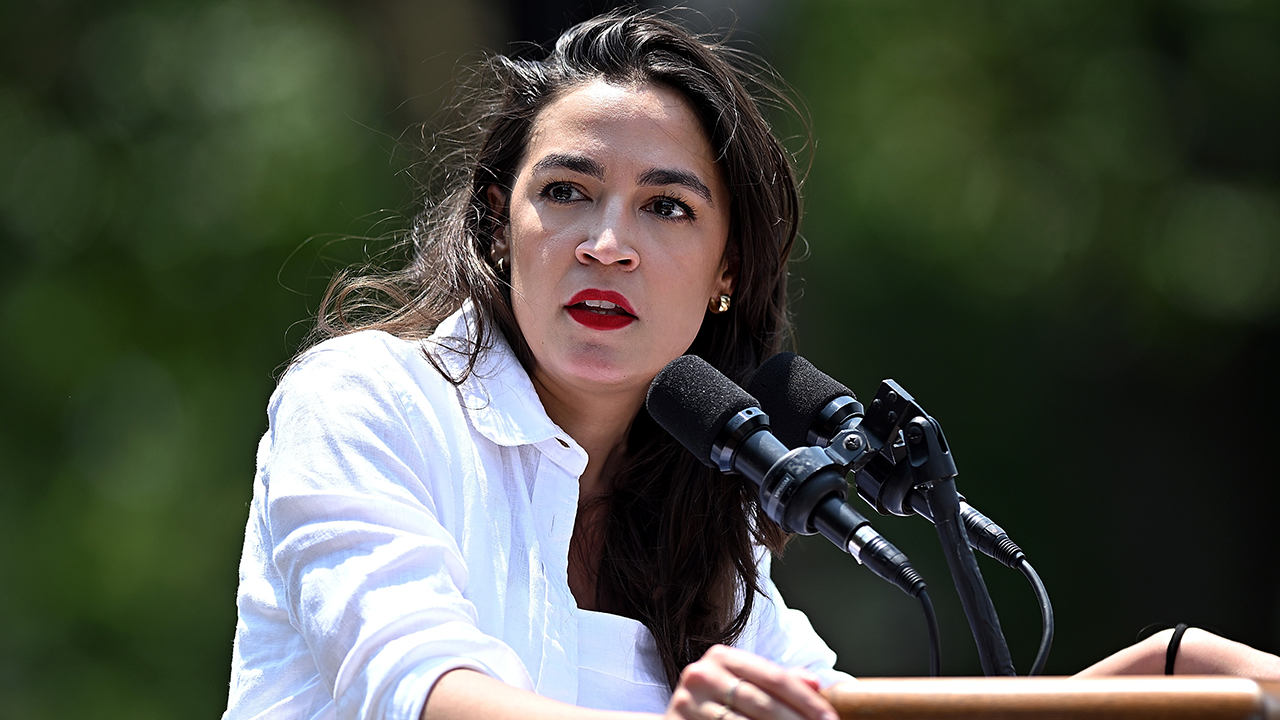
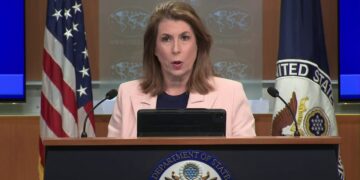

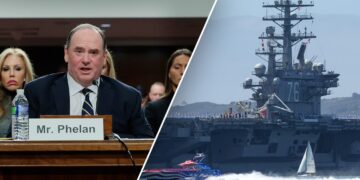
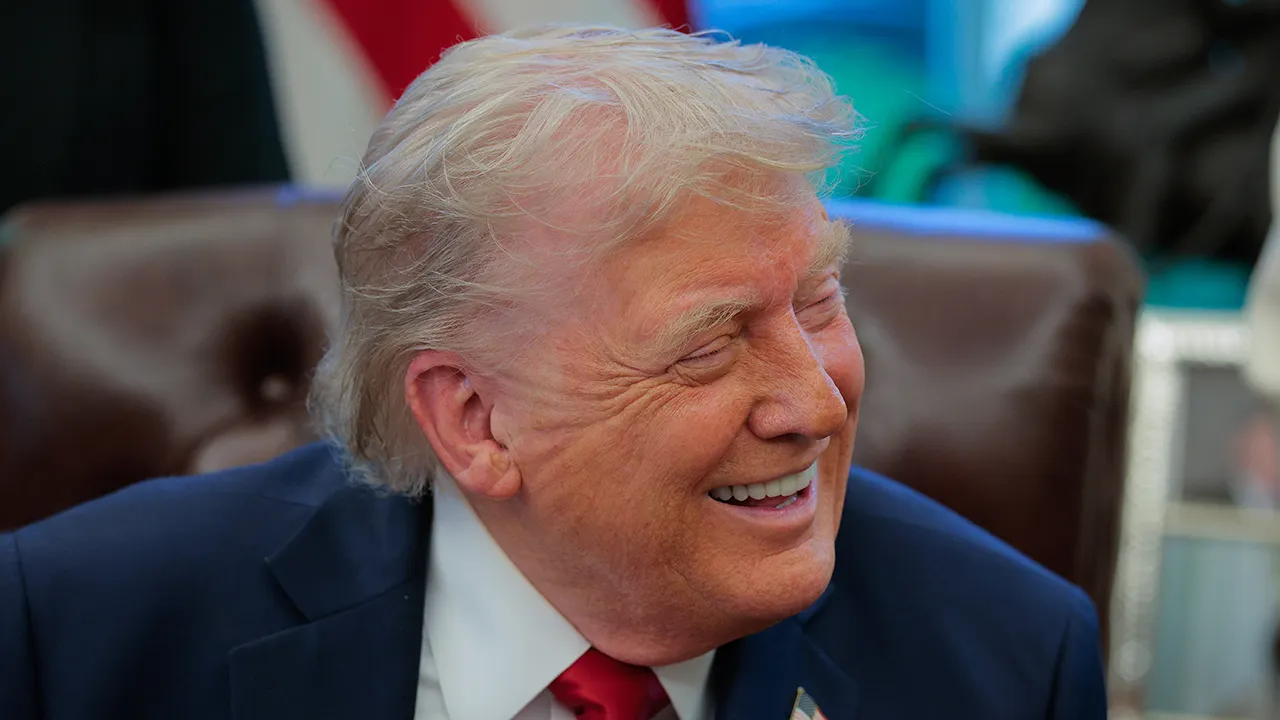

























 Reaction & Commentary
Reaction & Commentary





